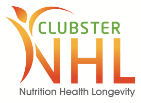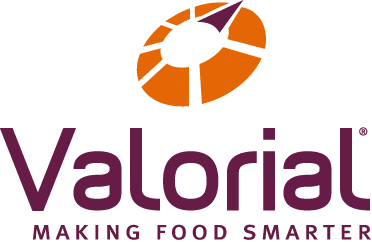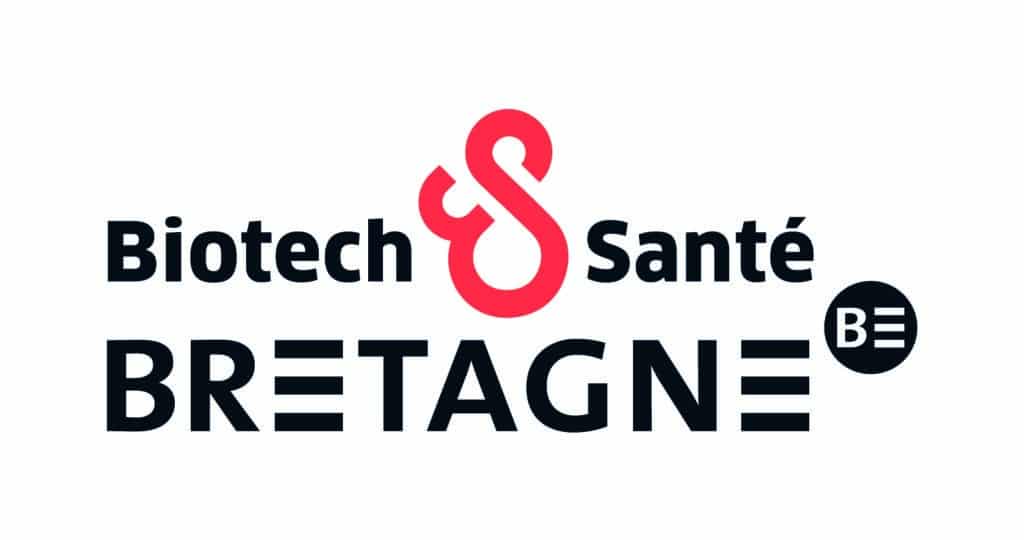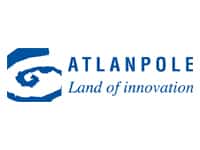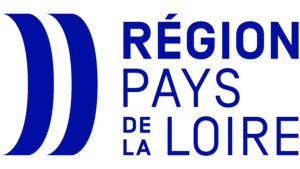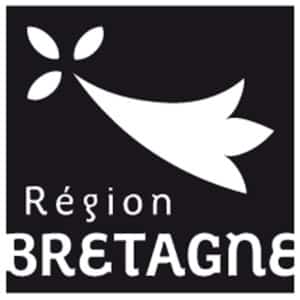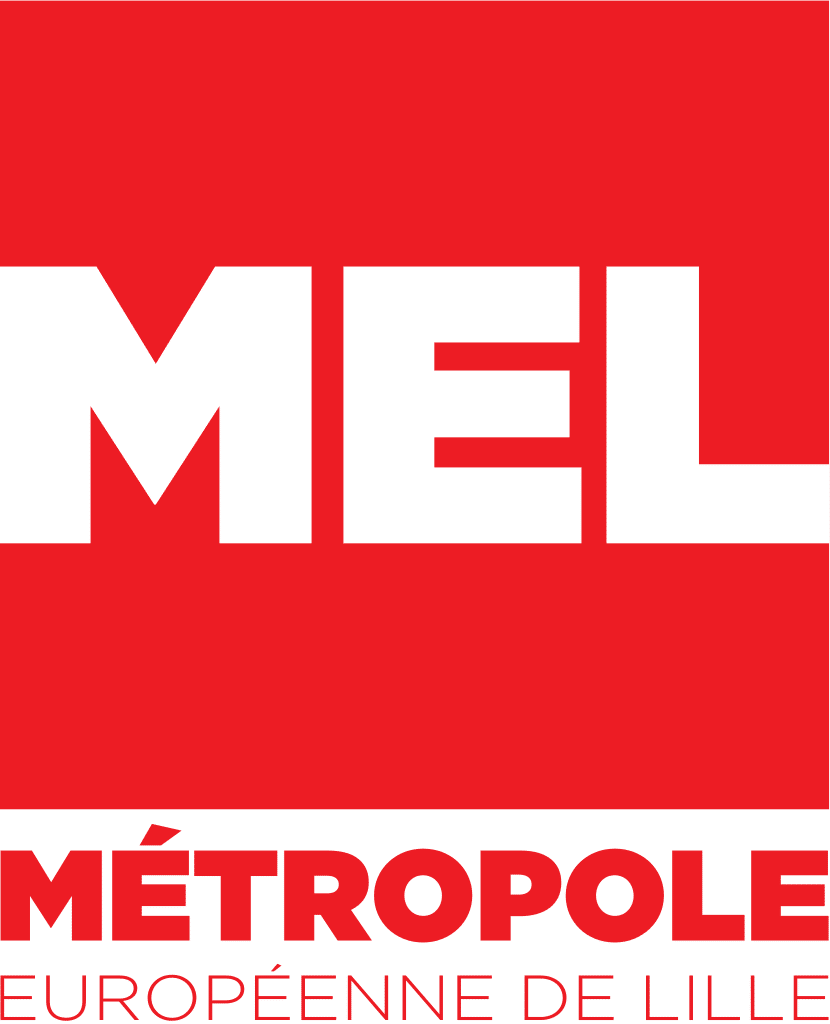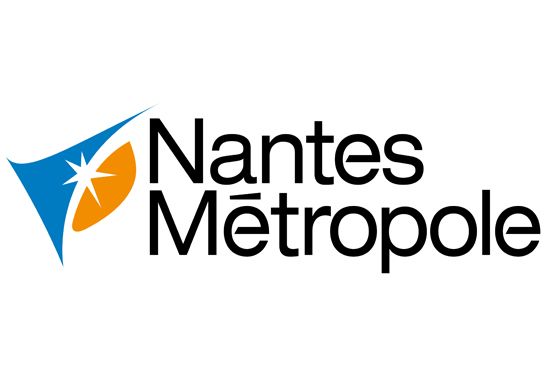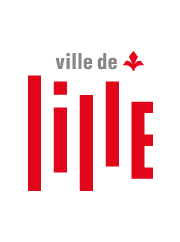At a time of urging climate change considerations, the feed, food and nutrition industry is facing the challenge of delivering healthy diets for a growing population. Which food systems should the value chain stakeholders consider to achieve sustainable nutrition for all? How will this transformation impact farming and food production in the coming years and what would be the direct consequences on processing and distribution? To what extent will this structural shift affect food consumption, final products and nutritional aspects? Which role will consumers play in laying the foundation for the next generation diets?
Moderator: Danielle Nierenberg, President, Food Tank




